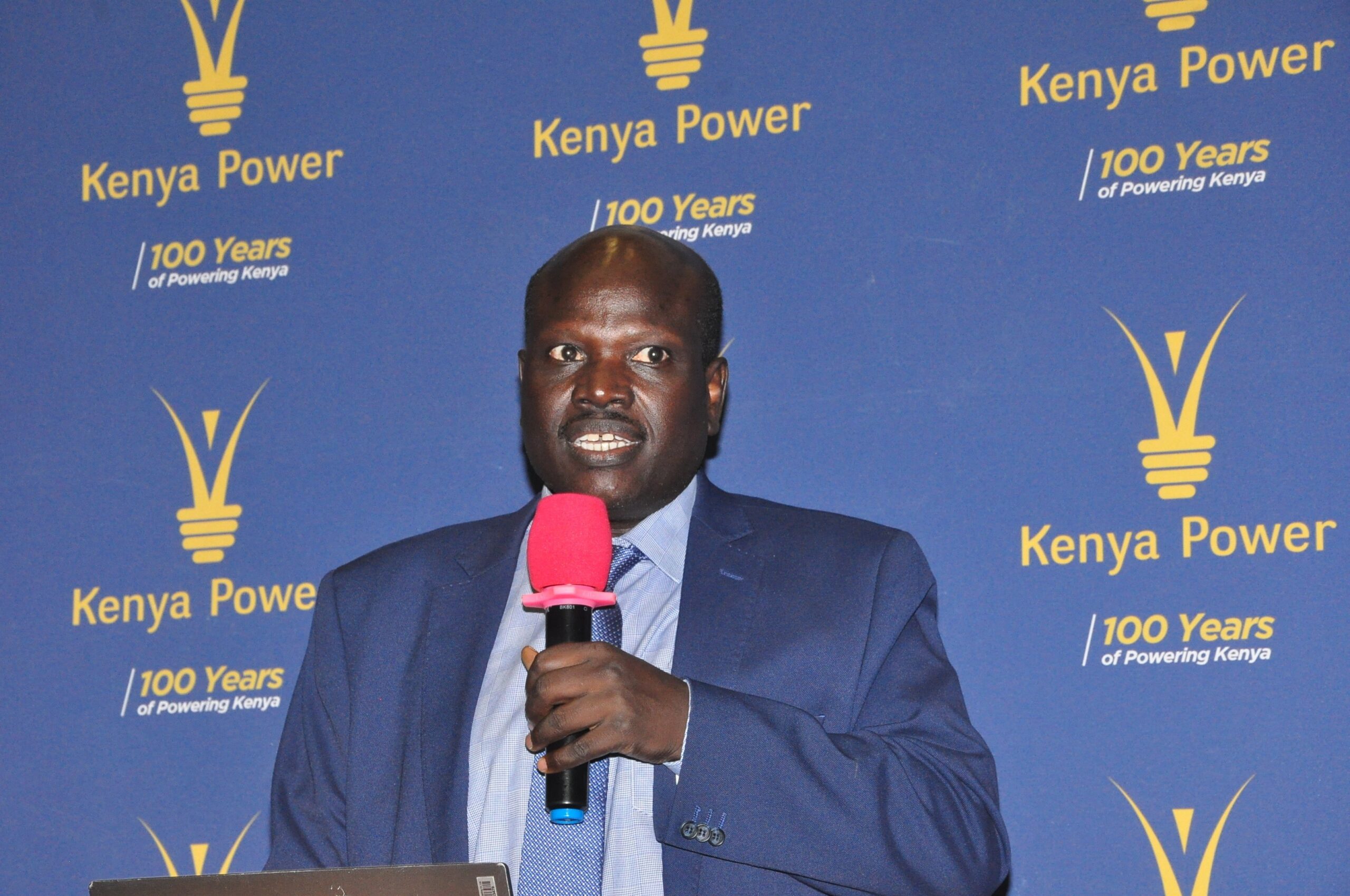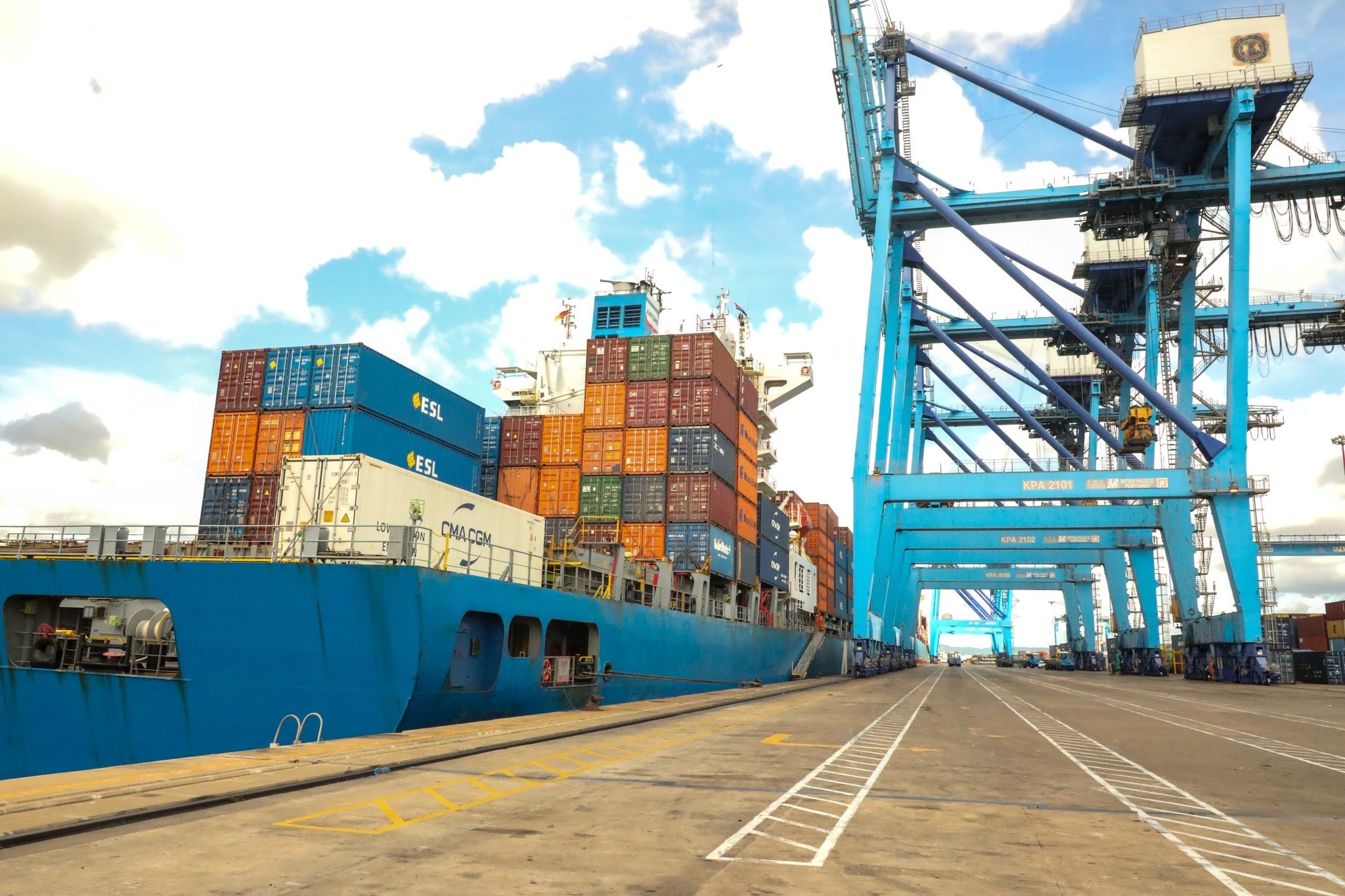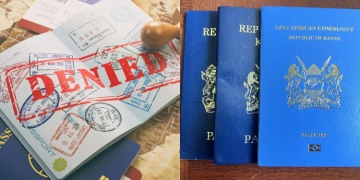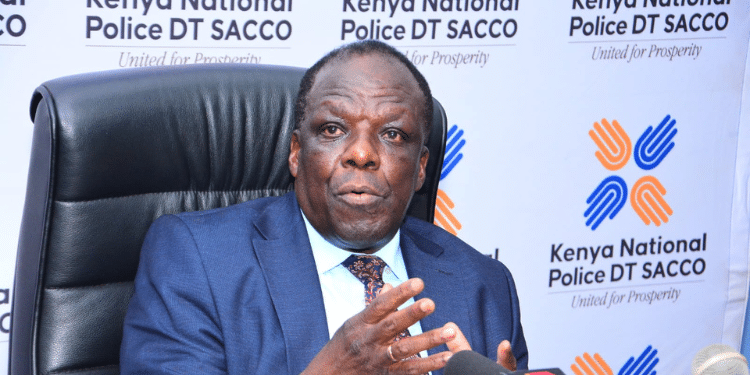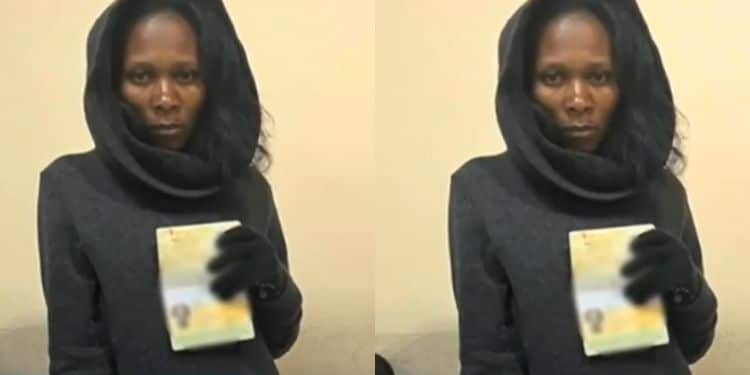The fate of Kenyan Margaret Nduta remains uncertain as new details emerge following the passing of her scheduled execution date in Vietnam.
A shocking twist has surfaced. Nduta was allegedly imprisoned in Ghana for a similar crime before her arrest in Vietnam.
Father John Witherspoon, a minister who serves prisoners in Hong Kong, recently revealed that he met a Kenyan woman who claimed to know Nduta.
According to the minister, during one of his visits in Vietnam, he asked the woman to pray for Nduta, only for her to respond that she knew her.
“I met a Kenyan woman during one of my rounds in Hong Kong. When I asked her to pray for Nduta, she said she knew her,” Father Witherspoon said.
Nduta was scheduled for execution by the Vietnam Authorities on Monday, March 18, at 8:00 pm.
Also Read: Kenyan Mother Begs to See Daughter Before She is Executed in Vietnam
Revelations About the Past Life of Margaret Nduta
According to the woman’s account, Nduta was forced into drug trafficking by a Nigerian gang that threatened her life.
Further, she said that the gang recruited Nduta for drug trafficking in Ghana where she was arrested by the authorities. According to the unnamed woman, it was a do or die situation.
“She told me that the two of them had been arrested in Ghana about three or four years ago and that Nduta had served a four-year sentence,” Father Witherspoon added.
Nduta’s case has brought to light concerns about the use of the death penalty in Vietnam, especially for drug-related offenses. Vietnam’s judicial process has been widely criticized for failing to meet international fair trial standards.
During trials, defendants do not have the right to appoint counsel of their own choice. A lawyer is assigned to them, but often not until the very last moment before their case is heard.
According to a 2003 Amnesty international report, the defence is not allowed to call or question witnesses, and private consultation with counsel may be limited. In many cases, all the defence counsel can do is plead for clemency on a defendant’s behalf.
What Next for Nduta
For Nduta’s fate, according to Vietnam laws, the death sentences can be commuted to life imprisonment under certain circumstances, and inmates must serve at least 20 years in prison before any further consideration for leniency.
“Foreign nationals may not be familiar with the laws of the country where they are tried, and they will have difficulty understanding the charges against them or participating in the proceedings if facilities for interpretation are inadequate.
“The government of their home country will want to protect its citizens abroad, but its appeals for clemency, although motivated by humanitarian considerations, may lead to accusations of interference in the workings of justice under the laws of the country concerned,” notes amnesty International in the report.
After receiving a death sentence from a Vietnam court, a person has the right to appeal to the Appeals Court and subsequently to the Supreme People’s Court.
If the Supreme People’s Court upholds the sentence, the individual may submit a request for commutation to the President within seven days.
However, if this appeal is denied, the execution proceeds. While commutations are uncommon, Amnesty International recorded at least 10 cases in 2003 where sentences were reduced and in the various cases, the longest appeals process lasted between five months and four years.
Also Read: Saving Margaret Nduta: Kenya’s Last Push to Stop Her Execution in Vietnam
The Death Penalty for Drug Trafficking in Vietnam
The death penalty for drug-related offences was introduced in December 1992 under Article 96a of the Criminal Code as an optional punishment for the offence of;
“Illegally manufacturing, concealing, trafficking in or transporting narcotic substances in a manner contrary to state regulations when the offence is committed in particularly serious circumstances.”
Possession of 100 grams (3.5 ounces) of heroin or five kilograms (11 pounds) of opium warrants a conviction of trafficking and, in some cases, the imposition of the death penalty.
At least one-third of all death sentences monitored by Amnesty International in Viet Nam are imposed for drug-related crimes.
The reason often given for introducing the death penalty for drug offences is that it will help in the fight against drugs by deterring potential traffickers.
Follow our WhatsApp Channel and join our WhatsApp Group for real-time news updates




